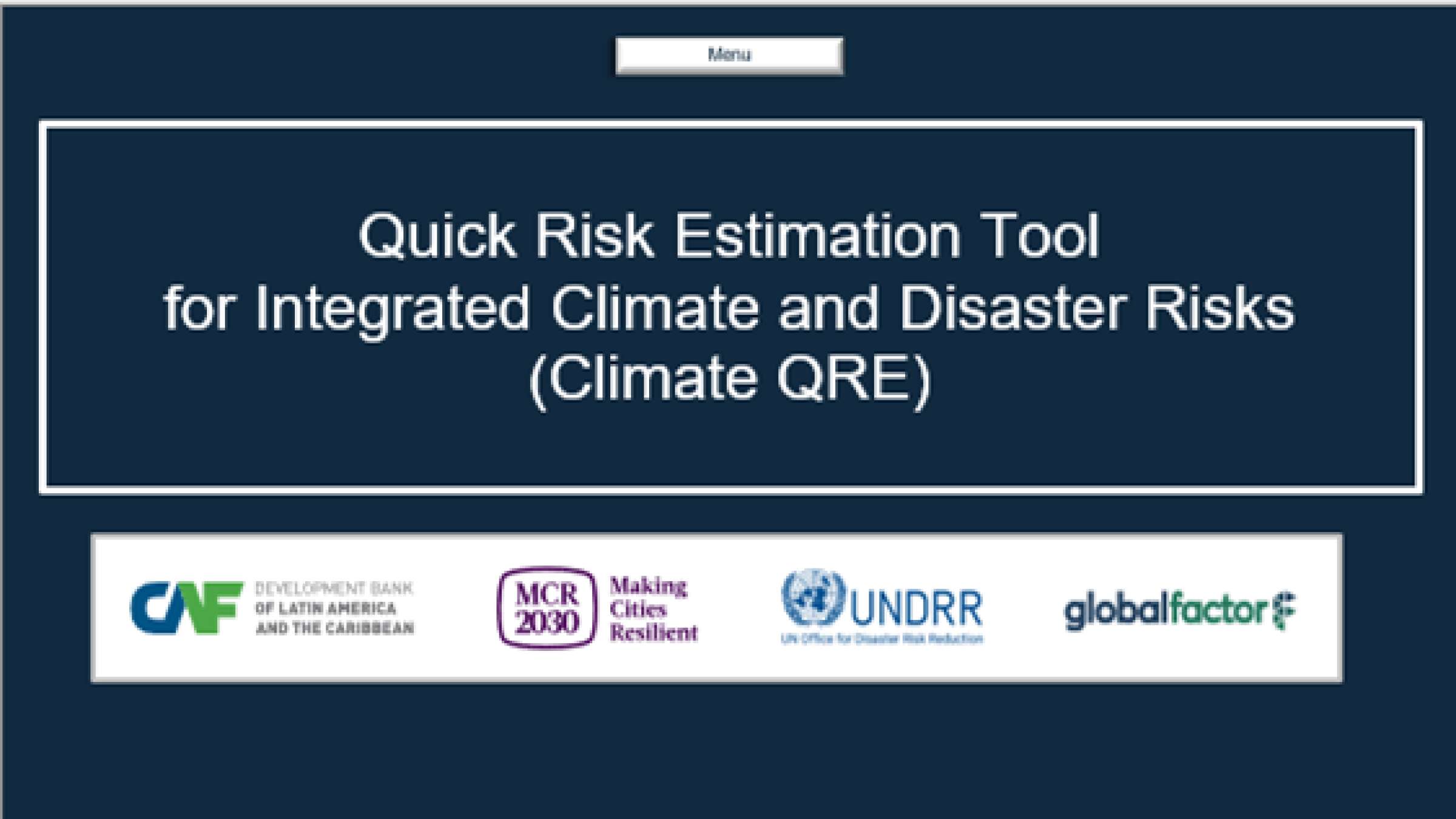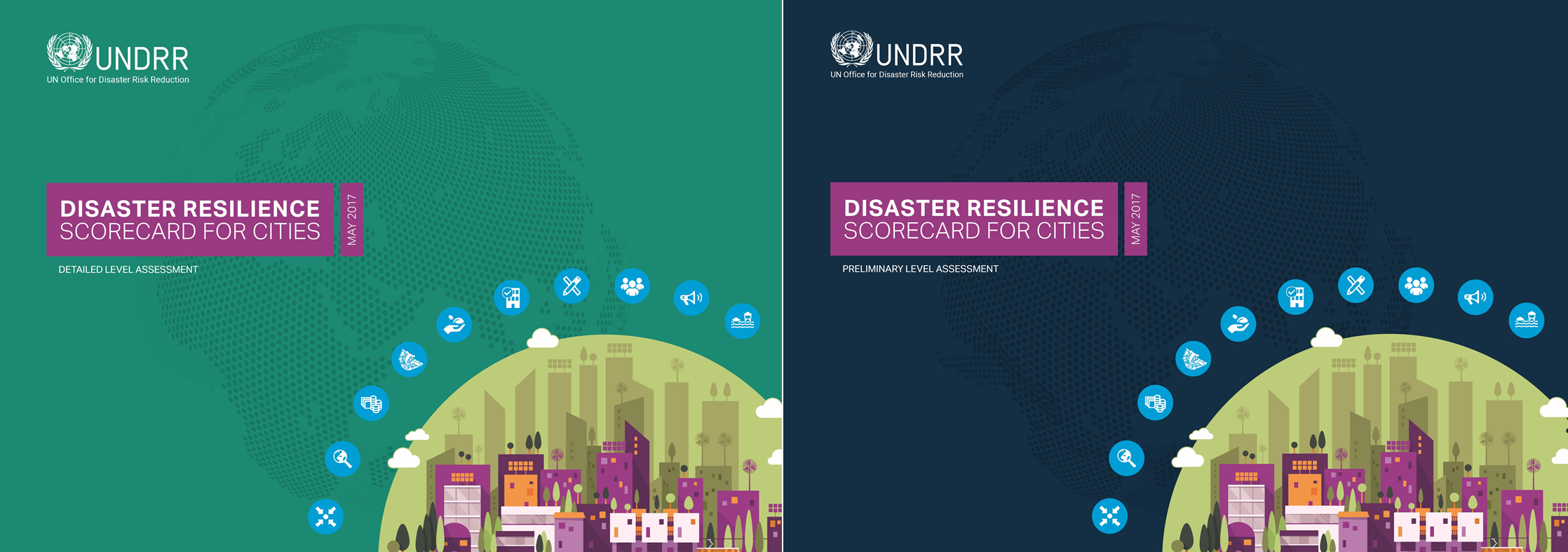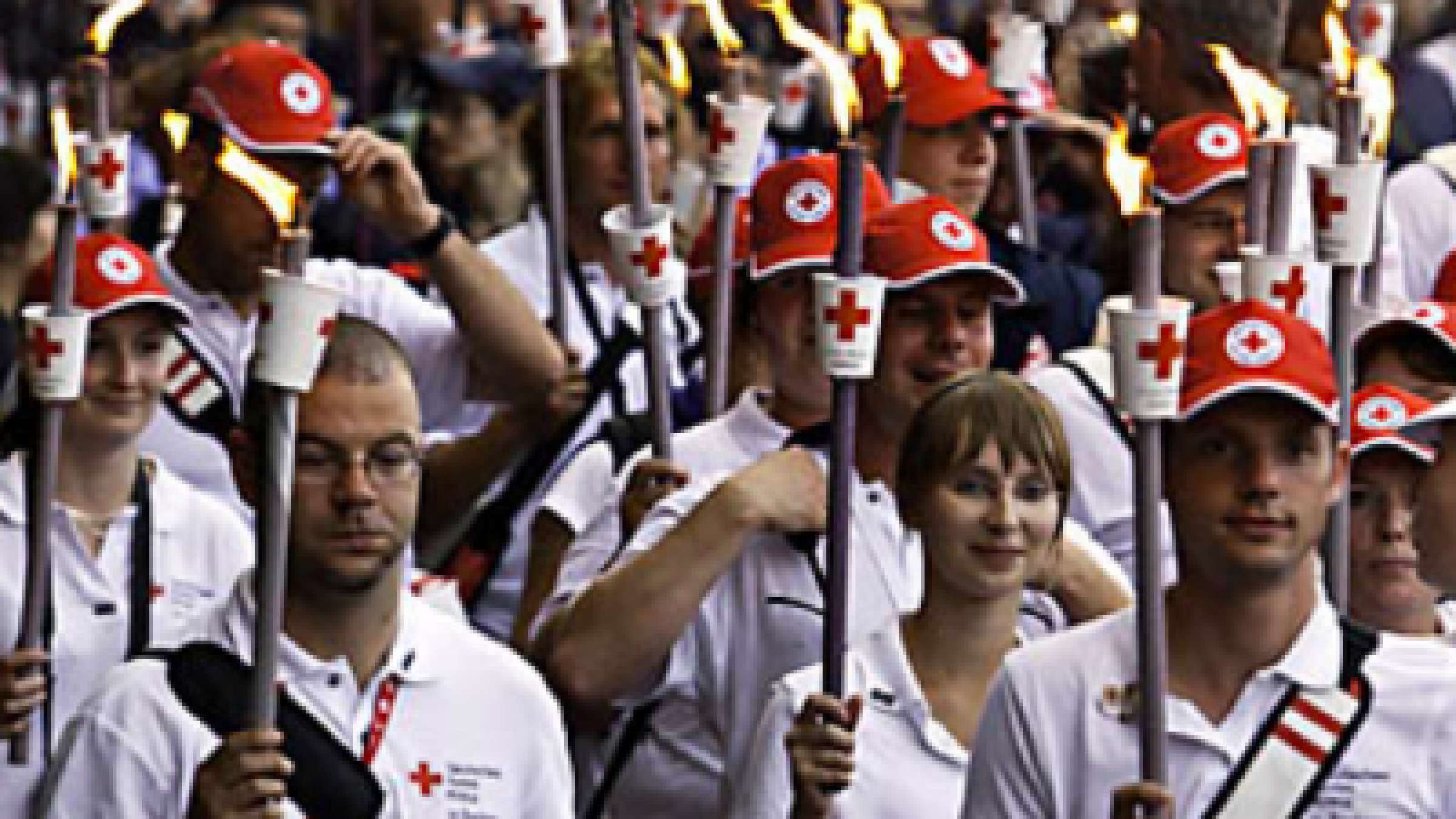Stage B: Cities Plan Better
Stage B cities will initially focus on improving assessment and diagnostic skills, increasing alignment between local strategies with national and regional strategies, and improving early-stage strategies and policies. Stage B cities may have had some early successes and momentum towards achieving DRR, sustainability and resilience improvements, and have some form of strategy to address disasters but may not yet incorporate risk reduction or preventive measures. The cities must demonstrate the commitment to move towards development or refinement of a DRR and resilience strategy and ensure development plans are risk-informed.
Progressing from Stage B to C: ensure the city has completed the followings and shares the progress in the MCR2030 dashboard:
- Develop a city disaster risk reduction and resilience strategy (Ensure that the city has a plan in place to guide specific actions to reduce risk and build resilience. This could be a stand-alone DRR/resilience strategy or an urban development plan that integrates risk reduction and resilience actions.)
- Get an endorsement of the city strategy by a governing body ready for implementation (Secure an official endorsement by the city council or relevant entity to formalize the city strategy for implementation)
Improving risk analysis
Cities need to start understanding the concrete and specific nature of localized risks and resilience gaps. All stakeholders must be made aware and informed of localized risks to encourage better prevention, preparedness, and response. Importantly, cities need to access risk analysis tools to improve the analysis.
Sample resources and tools

A 'rapid’ and ‘simplified’ climate and disaster risk analysis tool to support cities and municipalities in making informed decisions about risk with essential information for immediate action.

WCCD City Data for the United Nations Sustainable Development Goals is the global leader in standardized city data - creating smart, sustainable, resilient, and prosperous cities.
Improving diagnostic skills for planning
Without a proper assessment of a city’s historic losses and potential future risks nor understanding the baseline resilience progress, it is not possible to develop a specific evidence-based DRR, resilience and risk-informed development strategies and activities that reflect the actual needs and priorities of the cities. At this stage cities will need diagnostic tools such as City Resilient Profiling Tool (CRPT), Disaster Resilience Scorecard for Cities (Scorecard), City Scan Tool, etc. Pairing one city with another, combined with supporting cities to undertake a proper resilience assessment will help cities understand the broader implications of risks and vulnerabilities that are likely to affect them and ensure that DRR and resilience strategies address their specific vulnerabilities, exposures and other variables.
Sample resources and tools
- City Resilience Profiling Tool
- City Scan Tool
- City Resilience Framework
- Empowering Cities with Data
- City Resilience Perceptions Assessment
- City Resilience Actions Inventory
- Smart City Indicators and Resilient City Indicators
- City Intelligence Team and Empowering Cities with Data Program
Disaster Resilience Scorecard for Cities

Without a proper assessment of a city’s historic losses and potential future risks nor understanding the baseline resilience progress, it is not possible to develop a specific evidence-based DRR, resilience and risk-informed development strategies. The Disaster Resilience Scorecard for Cities (Scorecard) provides a set of assessments that allow local governments to assess their disaster resilience progress.
Public Health System Resilience Scorecard Addendum
"Disaster Resilience Scorecard for Cities: Public Health System Resilience - Addendum" aims to strengthen and integrate coverage of the many aspects of public health issues and consequences of disasters that are not adequately emphasized in the original Disaster Resilience Scorecard for Cities ("the Scorecard"). While the more obvious health factors such as hospital services capacities and structural and non-structural safety are covered in the Scorecard (under Essential 8), other disaster-related public health issues have not been well addressed. This Addendum, promulgated by UNDRR, with the support of World Health Organization (WHO) and partners, aims to remedy this.
See Public Health Scorecard Addendum
USCORE2: City-to-City Peer Reviews for Disaster Risk Reduction
Without a proper assessment of a city’s historic losses and potential future risks nor understanding the baseline resilience progress, it is not possible to develop a specific evidence-based DRR, resilience and risk-informed development strategies.
Improving strategies and plans
MCR2030 will support cities through the provision of relevant evidence-based research and knowledge products, capacity building programmes, and provide information about good practices and support cities to benefit from city-to-city (C2C) learning. This will help cities to develop cost-effective, pragmatic, and scalable solutions that can be incorporated into local DRR and resilience strategies. DRR and resilience strategies need to indicate options and sources for activity financing, need to be based on historical evidence supplemented with future scenario projections. The strategies, including the local disaster risk reduction strategies directly connected with the Target e of the Sendai Framework and SDGs, should be recognized by the legislative arm of the local government to ensure implementation commitment and continuity. These strategies should also be aligned with the national strategies and integrated with urban development plan. Concepts of build back better should be integrated into the strategies. Ensuring cities have the practical support to use evidence and the knowledge of what works is essential to progressing them along the resilience roadmap.


